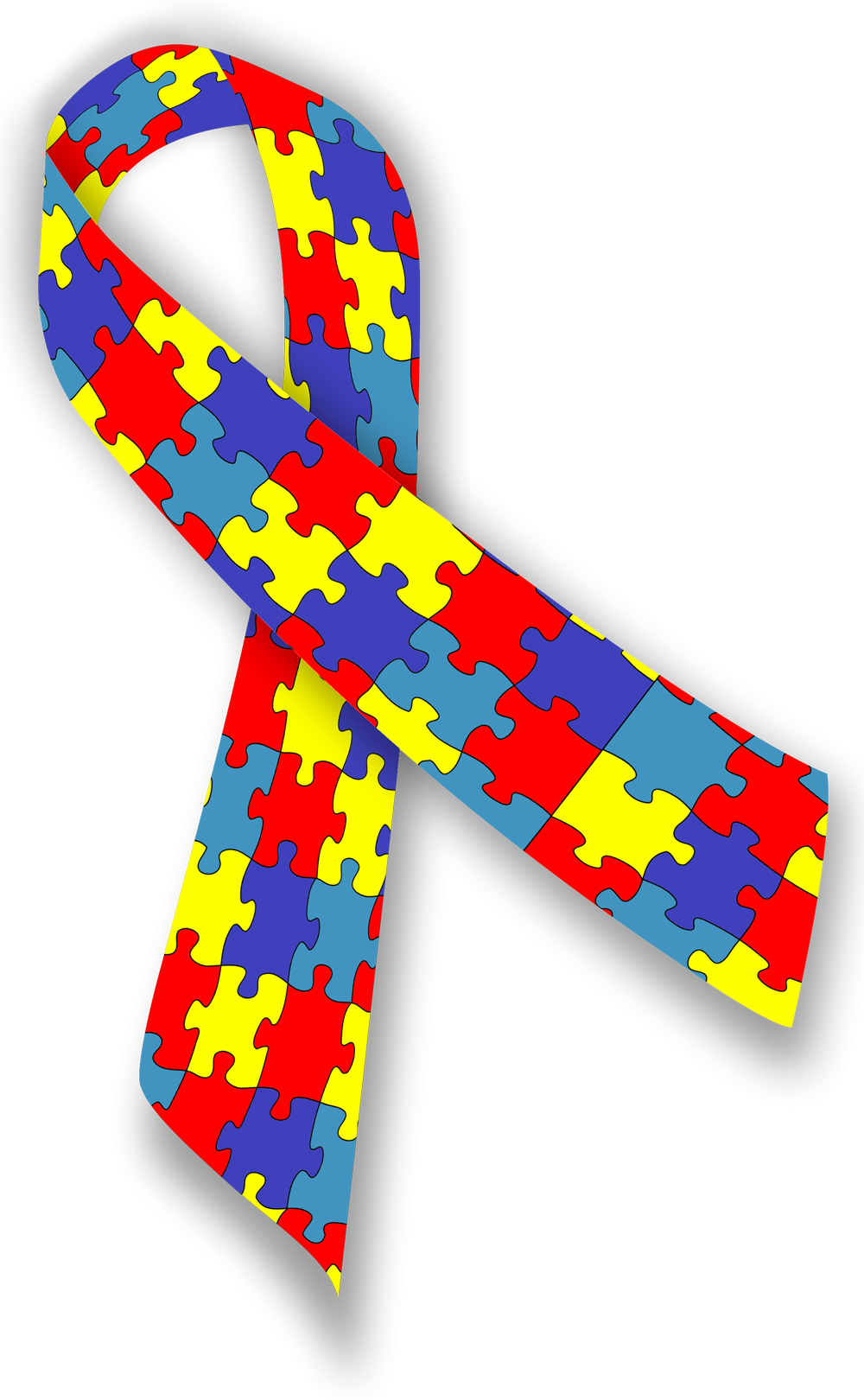18 February is International Asperger’s Day, which aims to increase awareness of the significance of Asperger syndrome for individuals and the community. It also highlights the challenges of those trying to understand the often-misunderstood syndrome and cope with a condition that manifests itself in a wide variety of forms.
Asperger syndrome is one of the autism spectrum disorders, sometimes referred to as high functioning autism. It is a developmental disorder that affects how a person’s brain processes information. It is often diagnosed during childhood, and affects behaviour, social interaction, communication, the ability to understand what others may be thinking, and may increase sensory sensitivity. People can be helped with support, and often become better at learning or copying social skills. Asperger syndrome is more common in males, with eight times more males than females diagnosed.

As with other forms of autism, people affected by Asperger syndrome can be very talented in a particular field, and may go on to be very successful academically and in their chosen work environment. Abilities vary widely, yet problems in communication, taking people literally, or an inability to “read” other people may make life more challenging. People with Asperger syndrome may find it difficult to interpret body language, so may not recognise when someone is angry or frustrated. Those of you who have read Graeme Simsion’s funny and insightful novel, The Rosie Project, will have an understanding of how someone on the autism spectrum can be quite brilliant yet struggle with the tasks of everyday living that most of us take for granted.
I’m sure most people would know of someone with Asperger syndrome. While I have a few friends with children affected by the condition, I only became aware of it after being told by them. Many behaviours of children with Asperger syndrome are quite usual for young children to engage in some of the time. It is when such behaviours happen frequently that Asperger syndrome may be diagnosed. Parents, teachers and other people who are close to the child are most likely to notice such behaviours, although it may take years before the behaviour is linked to Asperger syndrome. Receiving a diagnosis of Asperger syndrome will no doubt come as an emotional blow, but it allows families and others to understand any unusual behaviour, adjust routines and expectations, and to seek help and support.
There are many support services available for people affected by Asperger syndrome, such as Asperger Services Australia at http://www.asperger.asn.au/

State Library of Queensland has several excellent resources for people who want to find out more about Asperger syndrome. A particularly good collection of ebooks provides medical and practical information, with many of them focussing on the information needs of people in particular relationships with those affected. For example, we have books designed for children or adults with Asperger syndrome, mothers, fathers, grandparents, partners, carers, teachers, friends and employers. Specific issues, such as bullying, coaching, relationships, stress management and therapies are also covered.
Our health and medicine databases also provide good general information on Asperger syndrome, its history, causes, symptoms, diagnosis and treatments. The Health and Wellness Resource Center is particularly good for those wanting easily understood practical information. PubMed comprises many more academic and medical resources, making it suitable for health professionals and students.
Some further useful links to information and support services are available at http://www.qld.gov.au/disability/news/aspergers/
To view State Library of Queensland resources, enter the term “Asperger syndrome” into our One Search catalogue, or look at the databases listed under the health and medicine database subject listings. These electronic resources are available to members offsite, making them convenient and easy to use wherever you are.
For further help locating any health related information just Ask us.
Comments
Your email address will not be published.
We welcome relevant, respectful comments.